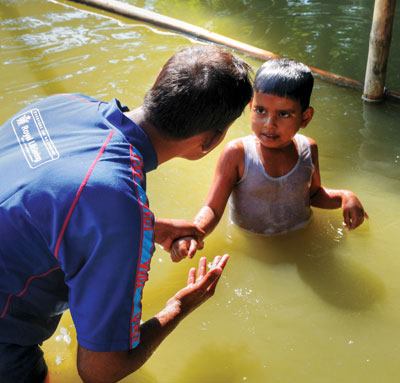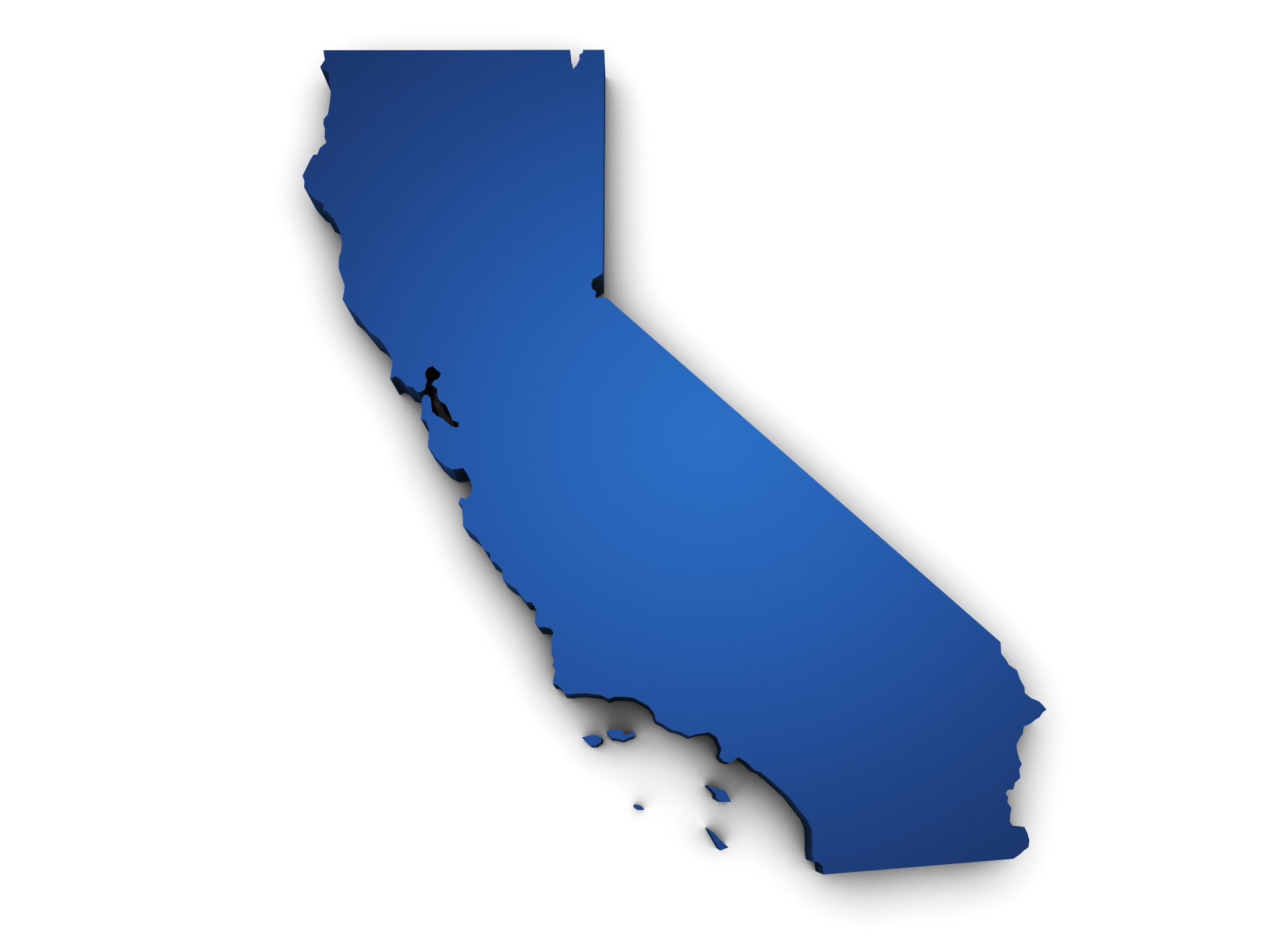Americans, myself included, tend to be focused on what’s become known as The Homeland. One indication of this shortsightedness is our gross geographic ignorance. In one recent study, 63 percent of young Americans couldn’t even find Iraq on a map, according to the National Geographic Society. Many in the aquatics industry, myself included, have been equally myopic about the devastation caused by drowning.
Yes, we may know that in the United States, drowning is the second-leading cause of death among children aged 1 to 14. Some may even be able to tell you that more than 3,000 youngsters die from drowning in this nation every year. We all agree those deaths are a tragedy.
But did you know that worldwide, drowning is nothing short of an pandemic? The statistics are more akin to a massacre. Globally, one child drowns every minute — 600,000 per year. An estimated three to four children nearly drown every minute and are permanently impaired.
Many of those drownings happen in under-developed countries, where swim lessons, let alone aquatics centers, are an unheard-of luxury.
Those statistics are from an international campaign to bring awareness to the drowning crisis through a spokesperson with the power to reach a worldwide audience: Oprah Winfrey. For months, campaigners have been writing the wizard of O to convince her to do a special episode on the drowning pandemic. It is a valiant effort, and I wish them success.
But other efforts equally worthy of support and notice are afoot. One is the World Conference on Drowning Prevention. That event occurs this May in Da Nang, Vietnam. It’s an apt location because the bulk of drownings are happening in Asian countries, with as many as 1,000 children drowning every hour.
Of course, as with any movement aimed at righting wrongs, change begins at home. So while you may not be able to go to Vietnam to help children learn how to swim, you can make sure that swim lessons are a central part of your aquatics facility program. You can work with your community, your schools, your patrons and your elected officials to help them understand that swimming is a vital life skill. You can educate the public that swim lessons not only need to be taught, but protected, against budget cuts.
In the process, you’ll be doing something about the drownings in your community, and ultimately across the world. You’ll be thinking globally, and acting locally. In the end, that’s even more powerful than Oprah.



